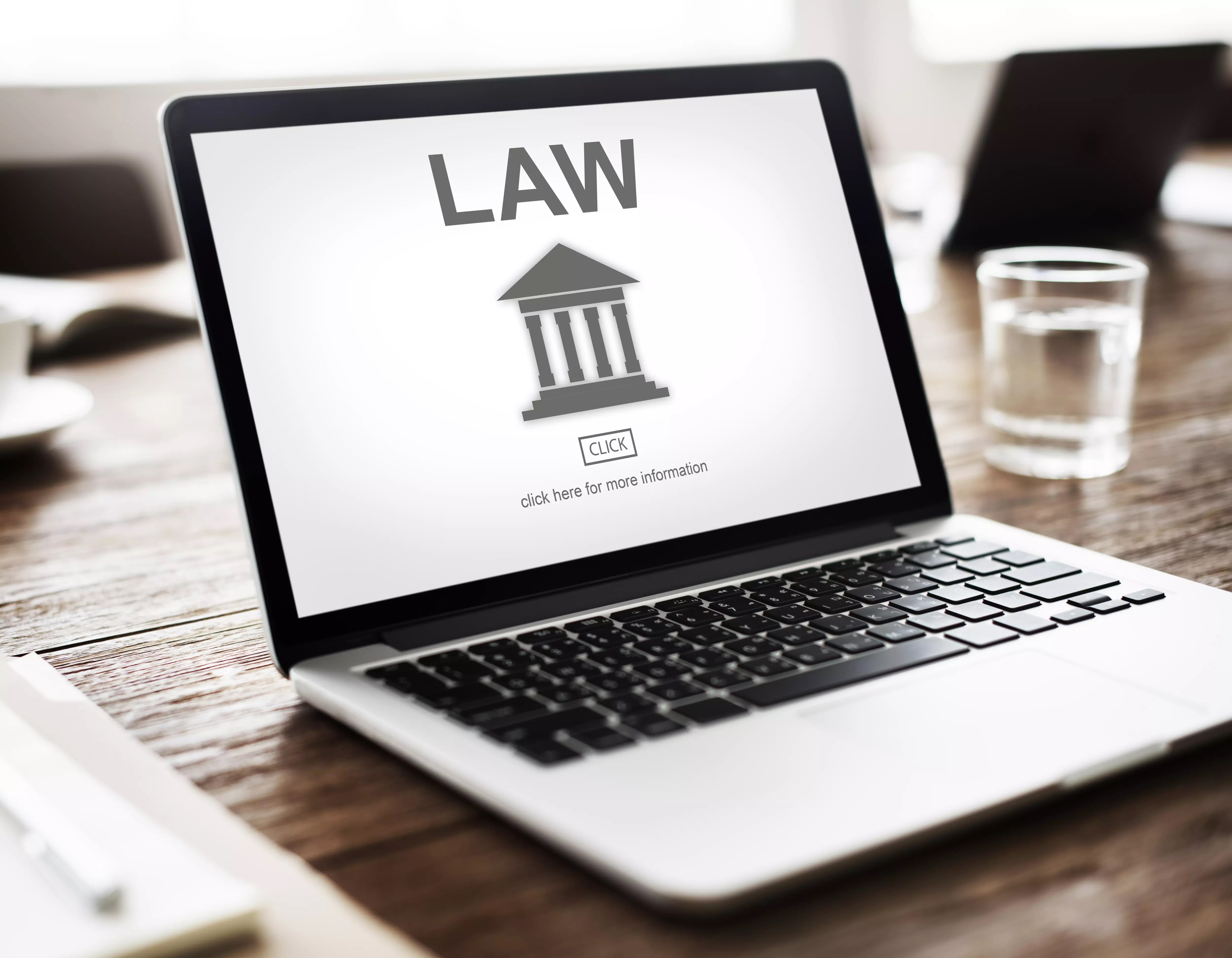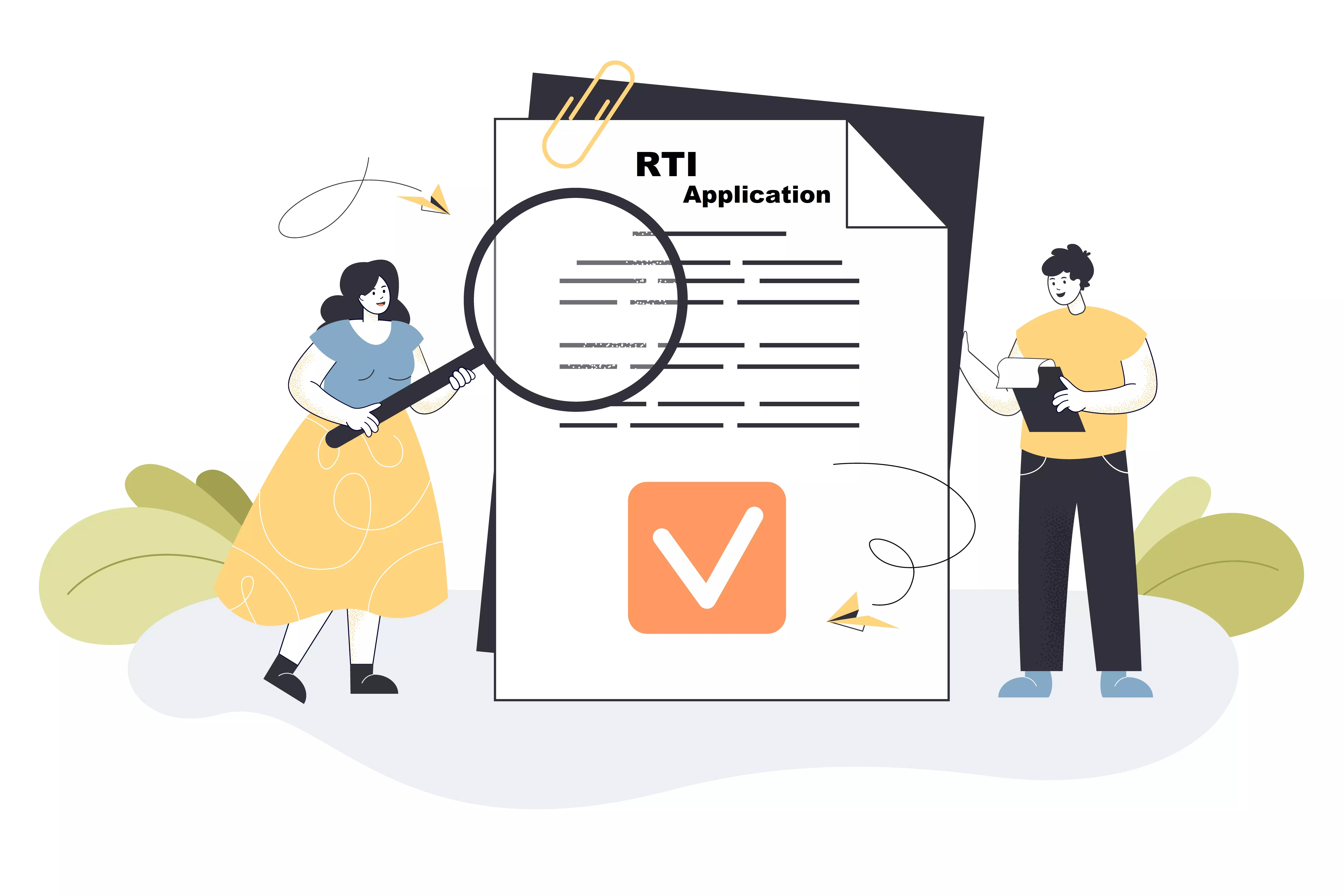The impact of internet on due process of law in the 21st century: An introduction to cyberlaw.
The impact of the internet on due process of law in the 21st century: An introduction to cyber law.
The Internet is a global network of interconnected computers,
devices, and platforms that enables the exchange of information, communication,
and services across borders and boundaries. It has revolutionized various aspects
of human life, such as education, commerce, entertainment, and social
interaction. However, it has also created new challenges and opportunities for
the law, especially in terms of due process.
Due process is a legal principle that guarantees fair and
impartial treatment for all individuals and entities in the administration of
justice. It includes the right to a fair trial, the right to legal
representation, the right to privacy, the right to free speech, and the right
to access information. Due process is essential for protecting human rights,
ensuring accountability, and maintaining the rule of law.
However, due process is not always easy to apply or enforce in the
online environment. The internet poses various legal issues and dilemmas, such
as:
- Jurisdiction: How to determine
which country or state has the authority to regulate or adjudicate online
activities or disputes that involve multiple parties or locations?
- Sovereignty: How to balance the
rights and interests of different countries or states that have different
laws and policies regarding online activities or disputes?
- Enforcement: How to ensure
compliance with or execution of online laws or judgments that may conflict
with or violate offline laws or norms?
- Evidence: How to collect,
preserve, authenticate, and present online data or information that may be
volatile, encrypted, anonymous, or manipulated?
- Liability: How to assign
responsibility or accountability for online actions or outcomes that may
involve multiple actors or intermediaries?
- Rights: How to protect or
balance the rights and interests of various online stakeholders, such as
users, providers, platforms, regulators, and victims?
These are some of the questions that cyberlaw tries to answer.
Cyberlaw is a branch of law that deals with the legal aspects of cyberspace. It
covers various topics and fields, such as cybercrime, cybersecurity,
cyberwarfare, cyberterrorism, cyberbullying, cyberprivacy, cyberdefamation,
cyber contracting, cybercommerce, cyber taxation, cyber intellectual property,
cybercensorship, and cyber activism.
Cyberlaw is a dynamic and evolving area of law that adapts to the
changing nature and challenges of the internet. It draws from various sources
and disciplines of law, such as constitutional law, criminal law, civil law,
international law, human rights law, and comparative law. It also incorporates
various principles and methods of law, such as harmonization, cooperation,
coordination, mutual recognition, and self-regulation.
Cyberlaw is not a uniform or universal body of law that applies to
all countries or states. Rather, it is a diverse and complex mosaic of laws
that vary according to different jurisdictions, cultures, values, and
preferences. It also faces various challenges and limitations, such as gaps,
conflicts, ambiguities, uncertainties, and controversies.
Cyberlaw is an important and relevant area of law for the 21st
century. It affects and reflects the rights and responsibilities of all online
actors and stakeholders. It also shapes and influences the development and
direction of the Internet. Therefore, it is essential for anyone who uses or
interacts with the internet to be aware of and understand cyberlaw.
Frequently asked questions (FAQ) about the impact of the Internet on due process of law in the 21st century: An introduction to cyberlaw.
Q: What is cyberlaw?
A: Cyberlaw is a branch
of law that deals with the legal aspects of cyberspace. It covers various
topics and fields, such as cybercrime, cybersecurity, cyberwarfare,
cyberterrorism, cyberbullying, cyberprivacy, cyberdefamation, cyber contracting,
cybercommerce, cyber taxation, cyber intellectual property, cybercensorship, and
cyber activism.
Q: Why is cyberlaw important and relevant for the 21st century?
A: Cyberlaw is important
and relevant for the 21st century because it affects and reflects the rights
and responsibilities of all online actors and stakeholders. It also shapes and
influences the development and direction of the Internet.
Q: How does the internet affect the due process of
law?
A: The internet affects the due process of law by posing various legal issues and dilemmas, such as
jurisdiction, sovereignty, enforcement, evidence, liability, and rights. These
issues challenge the traditional principles and methods of law and require new
approaches and solutions.
Q: How does cyberlaw address the challenges and opportunities of the internet?
A: Cyberlaw addresses
the challenges and opportunities of the internet by adapting to the changing
nature and challenges of the internet. It draws from various sources and disciplines
of law, such as constitutional law, criminal law, civil law, international law,
human rights law, and comparative law. It also incorporates various principles
and methods of law, such as harmonization, cooperation, coordination, mutual
recognition, and self-regulation.
Q: Is there a uniform or universal cyberlaw that applies to all countries or states?
A: No, there is not a
uniform or universal cyberlaw that applies to all countries or states. Rather,
cyber law is a diverse and complex mosaic of laws that vary according to
different jurisdictions, cultures, values, and preferences. It also faces
various challenges and limitations, such as gaps, conflicts, ambiguities,
uncertainties, and controversies.
Q: How can I learn more about cyberlaw?
A: You can learn more
about cyberlaw by reading books, articles, blogs, podcasts, or videos on the
topic. You can also take online courses or join online communities or forums on
cyberlaw. Some examples of online resources on cyberlaw are:
- [Cyberlaw Cases]: A website that provides summaries and
analysis of landmark cyberlaw cases from around the world.
- [Cyberlaw Podcast]: A podcast that features interviews
and discussions with experts and practitioners on various aspects of
cyberlaw.
- [Cyberlaw Blog]: A blog that covers news and commentary
on current issues and developments in cyberlaw.
- [Cyberlaw Course]: An online course that introduces the
basic concepts and principles of cyberlaw.
- [Cyberlaw Forum]: An online forum that allows users to ask questions and share opinions on various topics related to cyberlaw.











Comments
Post a Comment
Thanks, For Your Valuable Comment